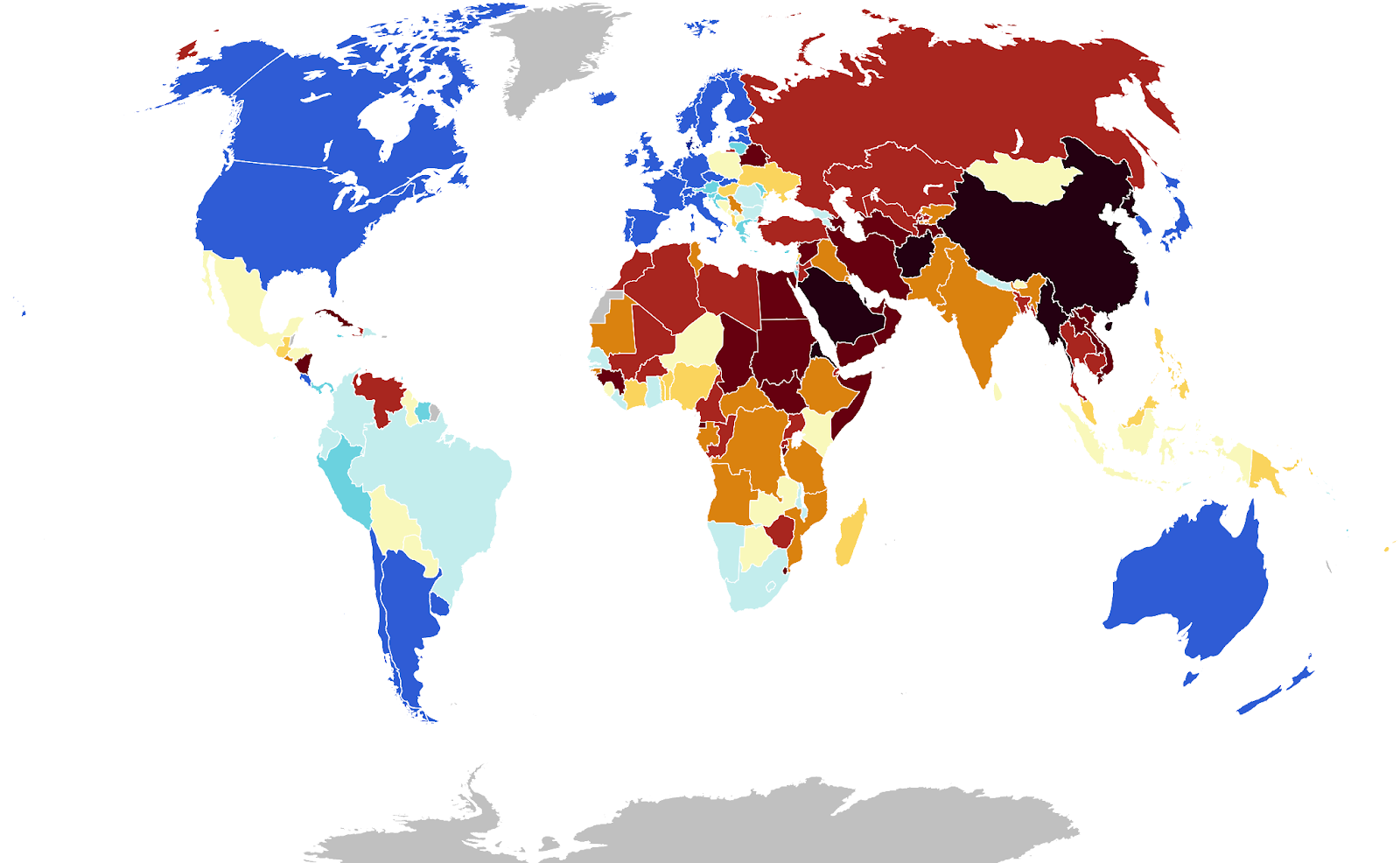A Tale of Two Crises: COVID-19 Pandemic Threatens Fight Against Female Genital Mutilation
Imam Macalin Aden Mohamed Isman condemns the practice of Female Genital Mutilation at Walalah Biylooley camp in Somalia. (Wikimedia)
Ahead of the International Day of Zero Tolerance for Female Genital Mutilation, the United Nations (UN) estimated that more girls would be affected by these practices as a result of the COVID-19 pandemic. Public health measures that were put into place to stop the spread of COVID-19 - such as lockdowns and curfews - have put pressure on grassroots outreach efforts for the prevention of Female Genital Mutilation (FGM).
Each year, on February 6, the UN sponsors this holiday in order to raise awareness for FGM, a practice that over 200 million women around the world are estimated to have undergone. FGM refers to the partial or full removal of external female genitalia for non-medical purposes. It is unclear when or why FGM originated, but it can be traced back as far as the 5th century B.C.E. It is still practiced in 33 African countries today; in Mali, Somalia, Guinea, and Djibouti, about 90 percent of girls have been affected by FGM.
The reasons for FGM varies across cultural communities, but the rational can typically be characterized as either psychosexual, social and cultural, hygienic and aesthetic, religious, and/or socio-economic. Overall, FGM is a practice centered on gender inequality. Traditions that prescribe a woman’s virginity before marriage, sexual availability, submission to male partners, and concerns about a woman’s cleanliness or social acceptability are all reasons for FGM, which is unethically based on bigotry and discrimination.
In 2018, the United Nations Children’s Fund (UNICEF) projected that 68 million girls would undergo FGM by 2030. However, due to the COVID-19 pandemic, new estimates are showing an increase to approximately 70 million girls affected by FGM. In a report from the United Nations Population Fund (UNFPA), COVID-19 related disruptions to healthcare and schooling were cited as the most significant factors influencing the rise in reported FGM cases. Such disruptions include the closure of healthcare facilities, apprehension towards visiting healthcare facilities, and supply chain slowdowns. “When girls are not able to access vital services, schools, and community networks, their risk of female genital mutilation significantly increases - threatening their health, education and future,” said Nankali Maksud, UNICEF Senior Advisor for the Prevention of Harmful Practices. COVID-19 has proved detrimental in slowing down gender-based violence as a whole by reducing prevention and protection efforts, including social service outreach.
Programs dedicated to eradicating FGM have made great progress over the last decade, keeping the UN on track to meet its goal of ending FGM by the year 2030. One such organization, the “Dear Daughter” campaign, has had 100 Somali mothers pledge to end the practice in their homes and their communities. “Dear Daughter,” like other grassroots organizations, depends on community outreach and awareness workshops in order to spread its message and make changes. However, with lockdown restrictions and social distancing, advocates have been forced to stay at home. Measures taken to prevent the spread of one public health crisis have unwittingly exacerbated another.






